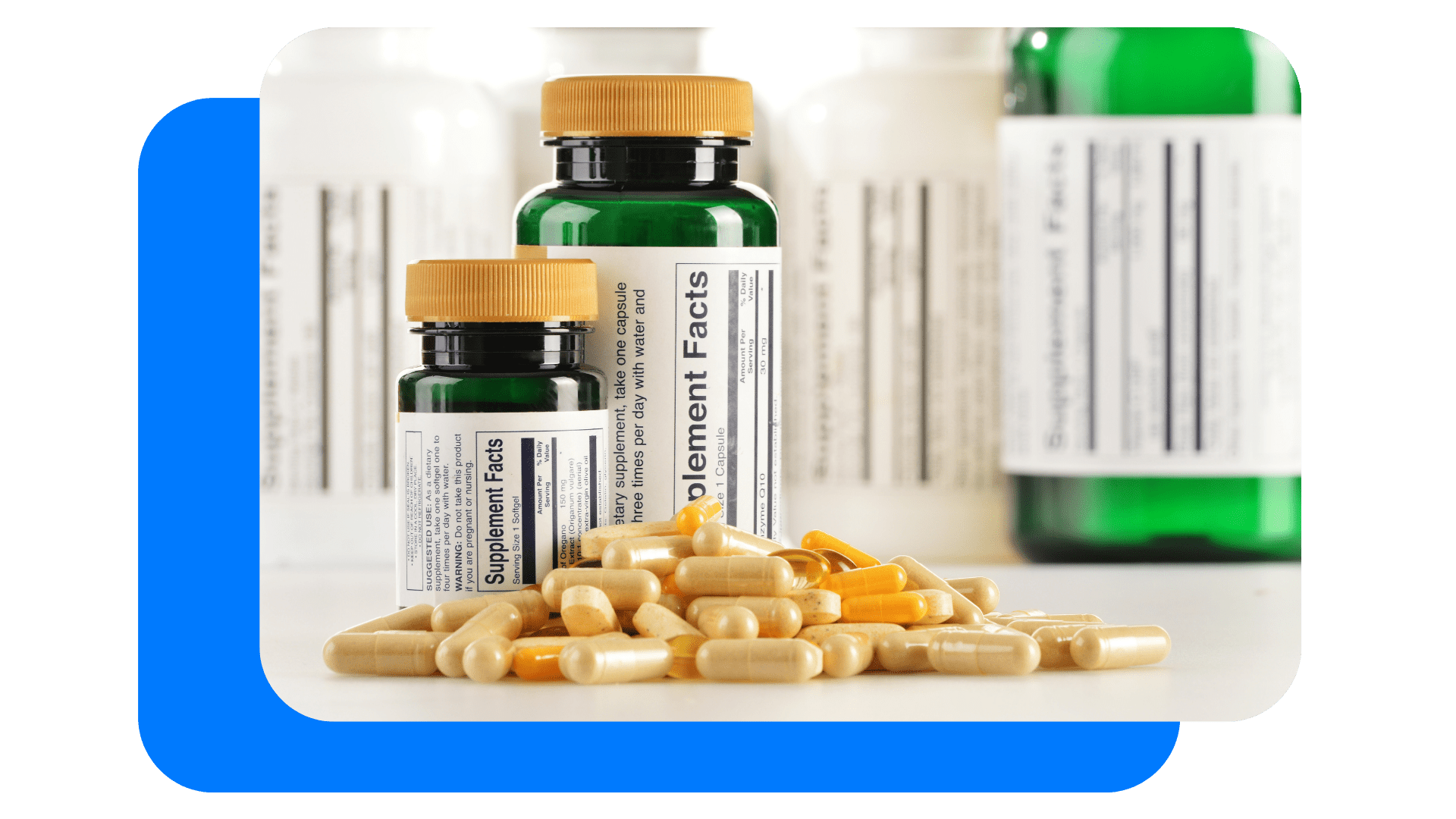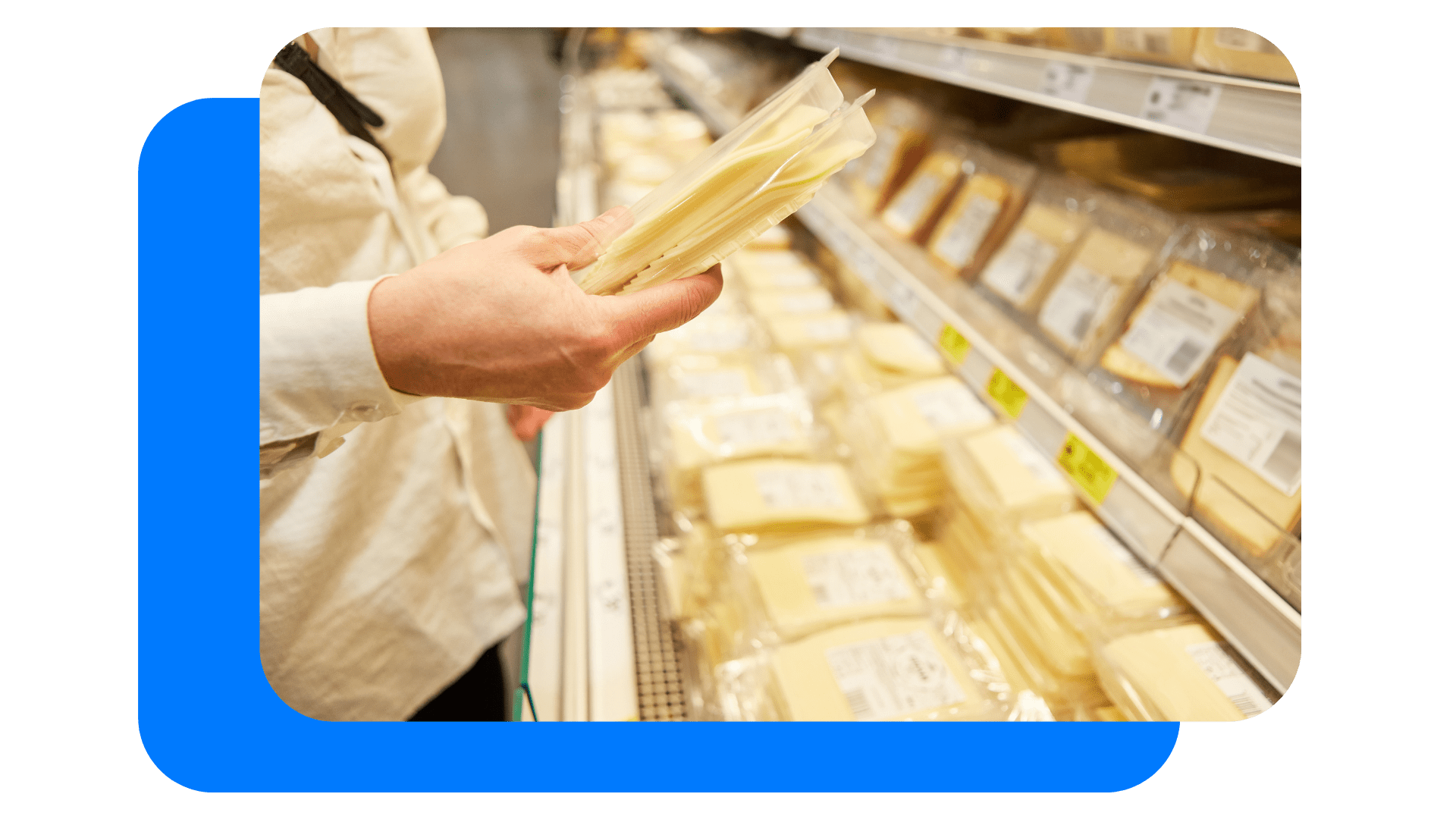Safeguarding the Dietary Supplement Market

Why Counterfeiters Target the Dietary Supplement Industry
The dietary supplements market is projected to soar to $283 billion by 2030, experiencing exponential growth worldwide. This trend is particularly pronounced in developing nations like India, where nutritional deficiencies are prevalent. However, this lucrative market has also caught the attention of counterfeiters aiming to capitalize on its profitability. As awareness of health and nutrition continues to rise, consumers are increasingly willing to invest in supplements, further enticing counterfeiters to exploit this expanding market.
Factors Behind the Increasing Fake Dietary Supplements


How Brands Can Prevent Counterfeiting
Navigating online and offline sales channels presents distinct challenges in combating counterfeiting. While offline verification allows consumers to scrutinize products before purchase, online platforms pose greater risks due to the proliferation of fake listings. Brands must adopt an omnichannel approach, incorporating stringent measures to detect and prevent counterfeiting products from entering the market.
Empowering Consumers and Ensuring Product Integrity
Empowering consumers through education and incentivizing product verification can significantly deter counterfeiters. By fostering consumer trust and loyalty, brands can foster a resilient defence against counterfeiting. Implementing reward programs for verification efforts can further incentivize consumers to participate in the fight against counterfeit products.

Defending Your Brand, Protecting Your Future.
We don't just protect brands; we empower them to thrive with confidence in the digital age. Contact us today for a personalized consultation and let us tailor a strategy that safeguards your brand's reputation and profitability.
